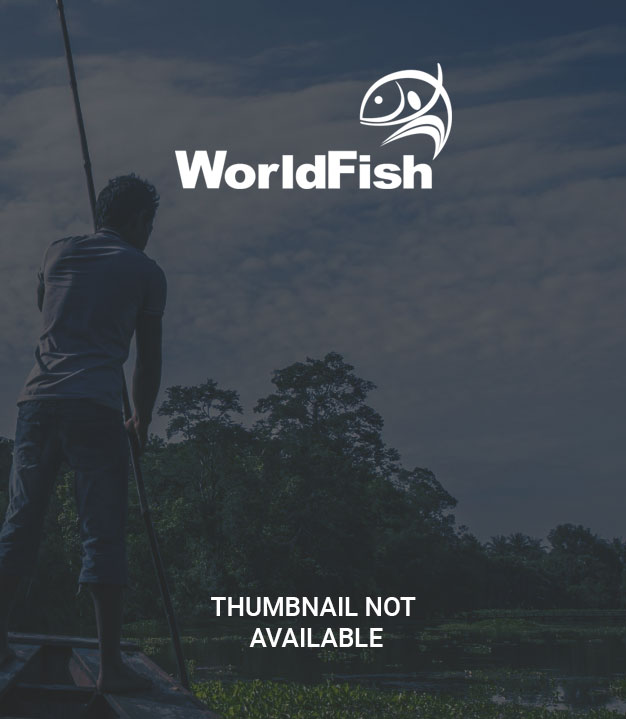Climate variability and the Peruvian scallop fishery: the role of formal institutions in resilience building

Citation
Badjeck, M.C. et al. (2009). Climate variability and the Peruvian scallop fishery: the role of formal institutions in resilience building. Climatic Change 94:211-232
Peru experiences recurrent ENSO (El Niño Southern Oscillation) events during which the Peruvian bay scallop (Argopecten purpuratus) undergoes substantial changes in its stock size. In the North of the country strong warm ENSO events are synonymous with floods and river discharges that negatively affect scallop biomass, while in the South increased sea surface temperatures lead to an increase in stock size. This paper explores how formal institutions respond to climate variability and resource fluctuations in the scallop fishery, and what role they play in the maintenance or erosion of resilience. The research shows that formal institutions are slow to learn, self-reorganize and respond to climate variability while fishermen’s responses are spontaneous, ensuring a rapid process of individual adaptation. Institutional responses are mostly ex-post, and are not strongly shaped by past experience, thus eroding the resilience of the system. However, fishermen’s responses sometimes lead to negative outcomes such as local stock overexploitation or 'invasion' of natural scallop habitats for scallop grow-out, and formal institutions play an important role in resilience building through the control of effort and entry in the fishery. In this paper causal loop diagrams are used to conceptualize the fishery system to highlight key variables and processes. The study thus provides the opportunity to explore the usefulness of causal loop diagrams and conceptual models combined with participatory approaches in the exploration of the resilience of a system. The case study also illustrates that individual adaptation, a feature of resilience, is occurring and will occur spontaneously, changing property right regimes and responding not only to climate variability but also market forces. In order to maintain and build resilience and engender positive management outcomes, formal institutions not only need to shape fishermen decision-making, they must also contribute to knowledge building as well as the adoption of innovative approaches.
Permalink
Date Available
Type
Publisher
ISSN
0165-0009
Research Themes
Language